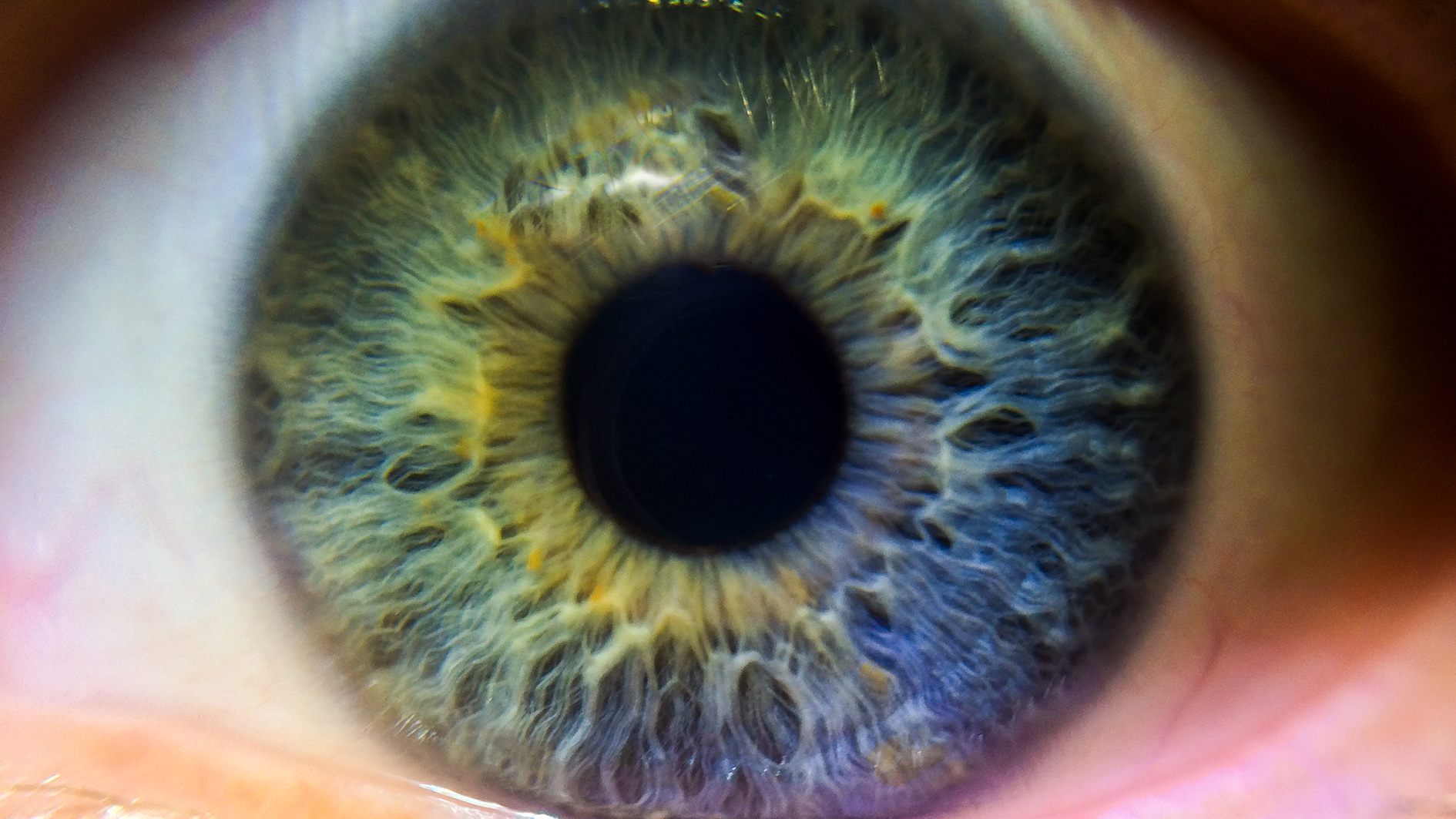NHS funds eye gene therapy, after Novartis cuts £613,000 price

NICE has recommended the NHS should fund Novartis’ Luxturna for a rare eye disorder, after the company agreed a discount from the list price of more than £613,000 per patient.
Luxturna (voretigene neparvovec) is approved for use in people with vision loss caused by inherited retinal dystrophy from confirmed RPE65 gene mutations, and NICE has okayed funding in those who have enough retinal cells.
The first licensed therapy for the inherited disease, NICE has fast-tracked its review of Luxturna, taking 20 weeks instead of the average 38 weeks within the Highly Specialised Technologies programme.
Around 86 people would be eligible for treatment in England, where the drug’s high price breached a budget impact test.
However Novartis worked with NHS England and agreed a discount that ensured the technology did not breach health service affordability rules.
The disease is caused by a defective RPE65 gene, which provides instructions for making a protein that is essential for normal vision.
Usually diagnosed in childhood, this causes progressive loss of vision which ultimately leads to near-total blindness and severely affects the quality of life of people with the condition, their families and carers. Current treatment is supportive care, such as the use of low-vision aids.
As outlined by a patient in an interview with pharmaphorum, the disease makes day-to-day life very difficult, with the therapy vastly improving vision particularly at night.
Luxturna is a gene therapy injected directly into the retina by a surgeon. It works by introducing a healthy copy of the defective RPE65 gene into the retinal cells, enabling people with the condition to produce functional RPE65 protein.
NICE noted that evidence from clinical trials shows that, in the short term, Luxturna improves vision and prevents the condition from getting worse.
There is no long-term clinical evidence, but the committee considered it is biologically plausible that the treatment effect is likely to continue for decades.
Luxturna is the second innovative gene therapy which NICE has produced positive guidance on in its highly specialised technology programme – after Orchard Therapeutics’ Strimvelis for treating adenosine deaminase deficiency–severe combined immunodeficiency was recommended in February last year.
Meindert Boysen, director of the Centre for Health Technology Evaluation at NICE, said: “This is a highly innovative treatment for a very distressing, inherited condition so we are pleased the company has worked with us and NHS England and Improvement to allow us to offer these families hope for the future.
“The company’s willingness to work with us early and constructively has allowed us to publish this guidance on a much faster timeline than normal which is good news for patients.”












